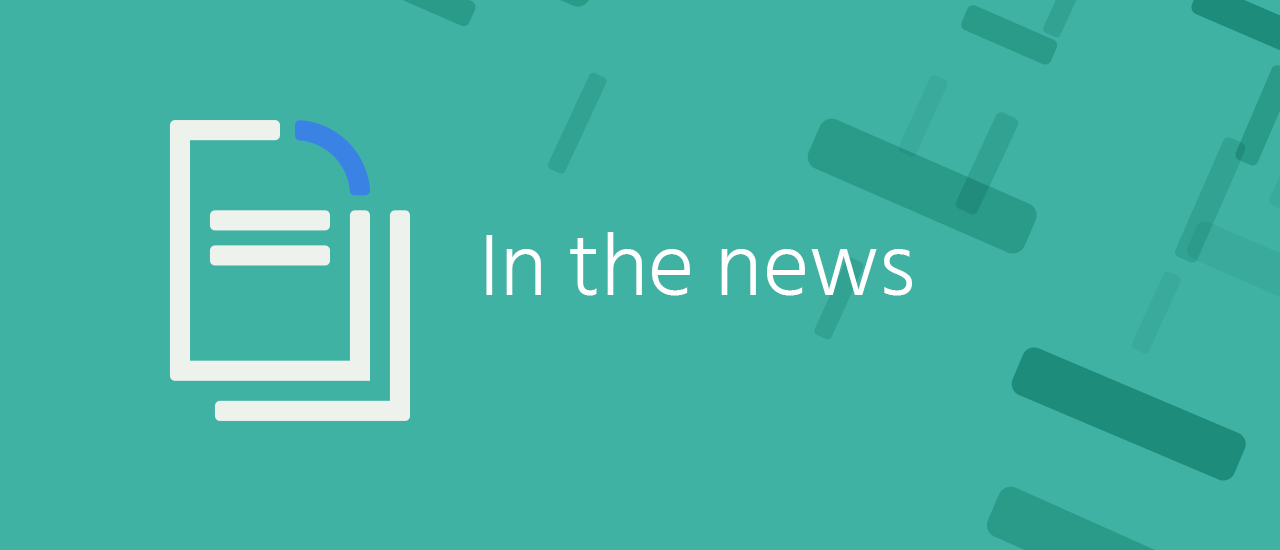Networked virus: U.S. Senator Mark Warner has raised concerns about cyberattacks targeting Internet connectivity while many people are working from home due to the COVID-19 outbreak, The Hill reports. Warner, vice chairman on the Senate Intelligence Committee, wrote letters to network device vendors asking that they pump up the security of their products.
Sharing the WiFi: The U.S. Federal Communications Commission will allow schools and libraries to share their WiFi connections with the surrounding communities during the coronavirus pandemic, a change in the normal FCC policy about their WiFi networks, KRCRTV.com reports. Schools and libraries can set their own WiFi-sharing policies, the FCC said. Meanwhile, some libraries want to extend their WiFi networks using bookmobiles, Vice.com says. It’s unclear if FCC rules allow this expansion of service, however.
Tracking you and the virus: Some countries are tracking the coronavirus outbreak by tracking residents’ mobile phones, Science Magazine says. However, tracking phones also raises privacy concerns. “We don’t live in a culture of public trust when it comes to data,” says David Leslie, an ethicist at the Alan Turing Institute. “We live in this age that has been called the age of surveillance capitalism, where … our data is abused and exploited.”
Apps attack: A new Android banking trojan is tricking users into handing over their credit card details in return for information on who’s infected with COVID-19 in their local area, Infosecurity Magazine reports. The Ginp Trojan isn’t new, but hackers are repurposing it to take advantage of the current pandemic.
Botnet made in Russia: Russia’s Federal Security Service has worked on an Internet of Things botnet, according to leaked documents, Naked Security says. It’s unclear how far the FSB got, but the security service issued procurement orders.
The Internet is a lifeline. Yet half the world lacks access. Learn what we’re doing to help close the digital divide – and how you can help!
